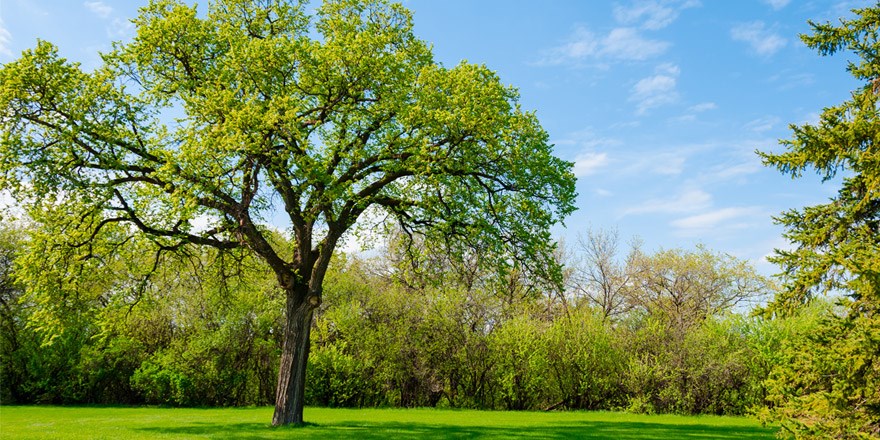Forests do not have to be huge to provide huge value, especially in urban settings.
With about 27 per cent tree canopy cover, the City of Cambridge would like to see this increase to 30 per cent by 2031.
However, about 80 per cent of the city’s tree canopy cover is from trees growing on private lands. In addition, many of the lands where additional trees could be established are also in private ownership.
In 2014, city council approved a 20-year Urban Forest Plan that included 32 actions to help the city, stakeholders, and members of the community work together to protect, maintain, restore, enhance and expand the urban forest. Action #10 called for a private tree bylaw to be implemented.
The city passed a private tree bylaw in 2018 that regulates the removal of any tree on private property that has a diameter of at least 20 centimetres.
The main purpose of the bylaw is to help sustain the tree canopy by supporting the retention and replacement of trees permitted to be removed on private property. The bylaw also helps raise awareness about the benefits and services trees provide and creates opportunities to discuss tree protection and preservation with residents.
City staff plan to review the bylaw in 2023 and want to hear from Cambridge residents as a first step.
Throughout the summer, staff have been engaged with the community to better understand experiences residents have had with the city’s private tree bylaw and to gather ideas about the bylaw.
Input from virtual and in-person sessions, will help identify and frame options to be considered as part of the private tree bylaw review and update to be undertaken in 2023.
Feedback will also be gathered through a survey, until August 8.
“We know that private tree bylaws are an evolving subject,” said Sam Scarlett, manager of Forestry and Horticulture for the City of Cambridge, at a previous online community session.
“The purpose of the engagement is to see how well the current private tree bylaw is understood, experiences of the by-law, and perspectives on how the by-law and it’s processes can be improved.”
The private tree bylaw encourages residents to maintain existing trees and to require the replacement of trees approved for removal on private lands.
This bylaw requires a permit for the removal of most regulated trees.
Residents do not need a permit to remove a tree on their property that presents an imminent hazard or is dead. They do need to provide proof to the City, typically with an arborist report, that the tree is a hazard or dead before removal, or within 48 hours of removal.
In terms of the community benefit of trees, Margot Ursic, planning ecologist and facilitator at Grounded Solutions, said there are many.
“Climate change is at the forefront of our thinking these days. And trees really do provide a critical role in helping communities build resilience to climate change. Trees store carbon in their trunks, in their branches as well as the associated soils. They provide shade and cooling,” Ursic said.
“Having trees in communities can reduce the temperature in summer months by several degrees. Trees also help absorb and filter storm water and help absorb air pollution and improve air quality. In addition, trees are associated with helping improve not only physical health by encouraging people to get outside, but also mental health and mental acuity.”
Ursic said people might think that a bylaw has been put in place to stop people from removing trees.
“That is potentially part of it, but really, it’s a regulation tool that the city has put it in place. It’s about raising awareness to the benefits of trees and the values that trees have in the community,” Ursic said.
“So having a bylaw in place provides an opportunity for people to engage with foresters and arborists so they can understand the values trees provide to their properties and to their communities.”
For more information, visit Engage Cambridge here.



